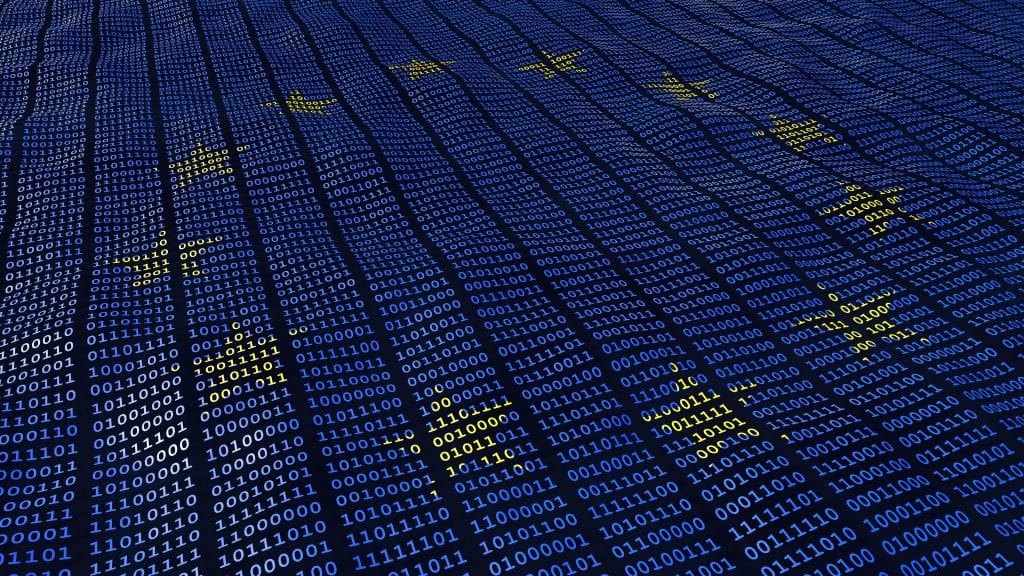With AI Act and ID Wallet, EU jockeys for leadership on digital policy
The European Union is flexing its policy muscles in the tech space, in a bid to be the go-to model for standards on data protection and artificial intelligence (AI), says a report in Euractiv.
The General Data Protection Regulation (GDPR) has already served as a model for similar policies in Brazil and India. Now, the EU is hoping its AI Act will fulfil the same role, as a foundational document among nations looking to regulate artificial intelligence, machine learning and other transformational technologies just beginning to come into the mainstream public eye.
The AI Act is the first formal attempt by a governing body to regulate AI. It takes an optimistic but cautious tone, promoting trust and transparency while maintaining a so-called risk-based approach. In recent weeks, European regulators have struggled to keep up with developments in large language models such as ChatGPT, which have a broad range of uses, and qualify as General Purpose AI (GPAI). The growing array of things these models are used for places them outside the EU’s definition of “high-risk” AI, and has sent lawmakers back to the drafting table to find ways to address technologies that are poised to have significant disrupting effects on many industries and processes.
Standards open the door for digital wallets
This month, the EU moved ahead on a legal framework for its European Digital Identity Wallet program, in compliance with GDPR standards. With the EU’s data policy serving as a model for other nations — and the EU pushing for that to happen further with the AI Act — there is potential to see nations grappling with rapid digitization follow similar trajectories in the mobile wallet and digital ID space.
The EU’s efforts also extend to the United Nations’ broader initiative to define and safeguard digital culture, the Global Digital Compact. This month, the EU council issued a formal contribution to the compact, in which it stated its willingness to support the development of regulatory frameworks, particularly in emerging markets.
Among other issues, the EU document addressed ethical and human rights issues, online abuse, lethal autonomous weapons systems, regulatory frameworks for telecom infrastructure, and the necessity of maintaining neutral governance of internet fundamentals, and avoiding internet fragmentation based on political whims.







